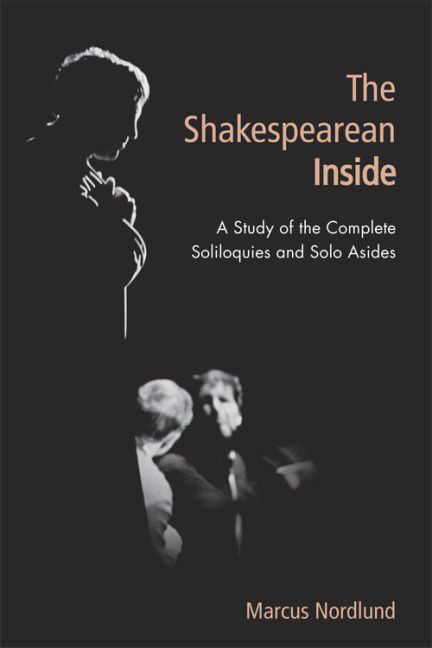4 - Distribution
Published online by Cambridge University Press: 08 August 2017
Summary
It has long been a blanket argument against scientifically informed approaches to literary studies that our proper study should be the literary particulars, nuances, complexities, and ambiguities that cannot be hacked up and measured in positivistic fashion. The idea is usually that humanists should focus on a qualitative concern with the unique and the irreducible, leaving the laws, universals, and generalisations to the scientists. This somewhat dualistic view of humanistic inquiry, where qualitative approaches are seen as simply incommensurate with quantitative approaches, is open to three constructive objections.
The first is that quantitative analysis can be a complement, not an alternative, to traditional forms of literary analysis and interpretation. There is no contradiction between attending to large-scale patterns and subtle literary nuances in the same act of interpretation, provided that we have enough time on our hands, of course. Secondly, the broad generalisations offered by quantitative analysis can sometimes be absolutely necessary if we want our arguments about complex particulars to hold water. It often makes little sense to argue for the special, specific, unusual, particular, or idiosyncratic aspects of a particular work unless one can compare these traits convincingly to a larger totality. This is why a concern with Shakespeare's broader literary habits should ideally go hand in hand with a detailed analysis and interpretation of particular plays, scenes, characters, genres, or modes. The latter point also includes a third objection to the anti-quantitative stance: that coding methods designed specifically for genre-specific research questions can increase the relevance, complexity, and usefulness of quantitative analysis substantially.
The purpose of this fourth and final chapter will be to explore patterns in Shakespeare's general distribution of insides according to variables such as subgenre, phase, play, act, character, gender, and class. Who gets insides, who doesn't, and how does this affect our perception of the characters or the play? Are there significant connections between Shakespeare's choice of subgenre or mode and his distribution of insides and their component parts? Did his dramatic practice change over time? Though I will draw on numerous plays in the Shakespeare canon, my main objective will be to triangulate three plays from the beginning, middle, and end of his career – The Taming of the Shrew, All's Well that Ends Well, and The Two Noble Kinsmen – with a stronger focus on the middle play.
Information
- Type
- Chapter
- Information
- The Shakespearean InsideA Study of the Complete Soliloquies and Solo Asides, pp. 154 - 201Publisher: Edinburgh University PressPrint publication year: 2017
